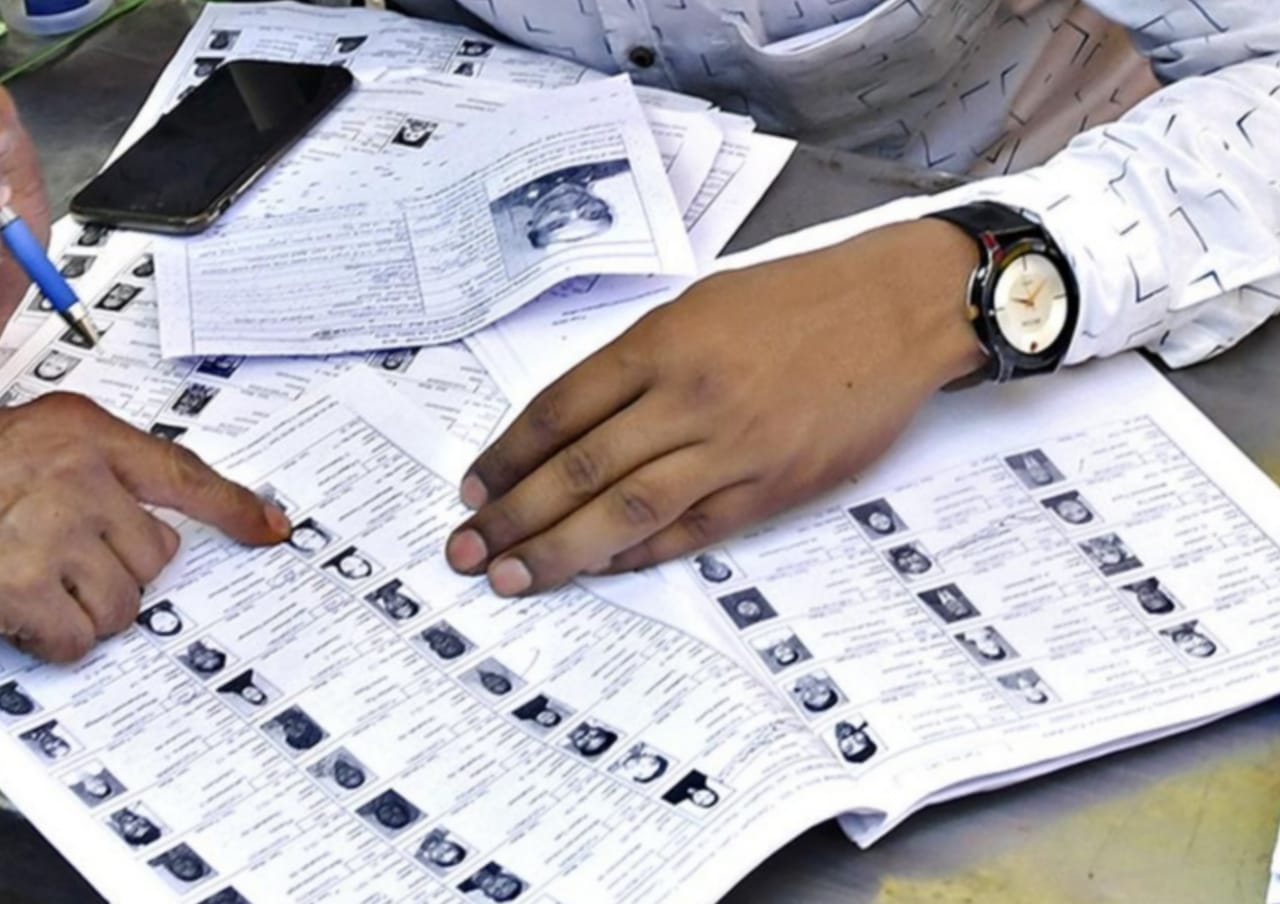
PATNA:
A controversial Special Intensive Revision (SIR) of electoral rolls in Bihar has alarmed political circles after Booth Level Officers reportedly flagged numerous individuals from Nepal, Bangladesh, and Myanmar during a door to door verification drive. These foreign‑origin residents were found holding Indian identity documents such as Aadhaar, ration cards and domicile certificates.
According to unidentified Election Commission (EC) officials, these names are under scrutiny and will not appear in the final voter list, which is due to be published on 30 September. A subsequent verification phase is scheduled between 1 and 30 August, during which citizenship status of the flagged individuals will be thoroughly investigated.
The SIR drive began on 25 June across Bihar to update rolls ahead of the Assembly elections set for October–November 2025. EC data shows about 35.7 lakh voters have not been found at their recorded addresses, equating to 4.5% of the 7.9 crore electorate. The exercise is also identifying duplicates and deaths, with some 5.5 lakh duplicate registrations uncovered.
The discovery of foreign nationals has triggered political controversy. Tejashwi Prasad Yadav, Leader of the Opposition in Bihar, dismissed the claims as “rubbish” and challenged the credibility of EC sources, asking: “Has the Election Commission issued any document or press release over the matter?”. He characterised the issue as potentially politically motivated.
On the other hand, the BJP praised the roll‑cleaning, accusing the opposition of supporting an “illegal voter base”. State party spokesperson Manoj Sharma alleged that RJD affiliates helped foreigners enrol, stating, “If Tejashwi had his way, he would allow citizens from Bangladesh and Pakistan to vote”.
The Public Accounts Committee (PAC) has expressed concern, highlighting that fake IDs could enable individuals to access welfare schemes unlawfully. The PAC urged stronger verification measures to preserve the integrity of electoral and public systems.
Civil society and experts point to deep‑rooted challenges. In Seemanchal, a region along the porous Indo‑Nepal and Bangladesh border, locals say forms from Nepali‑origin individuals have been placed in “shadow lists” based on language, dialect or lineage, raising fears that legitimate citizens may be targeted.
Critics worry the aggressive drive may disenfranchise vulnerable voters, especially migrant children or impoverished citizens who lack prescribed documents. A 10 July Supreme Court ruling mandated the acceptance of Aadhaar, voter ID and ration cards as valid proof, seeking to protect eligible voters.
The EC maintains that final deletions will occur only once citizenship is fully verified after August, assuring that due process will be followed.
With the publication deadline looming and the Supreme Court review imminent, the SIR exercise highlights the tension between cleaning up the electoral roll and safeguarding democratic access. As petitions reach India’s highest court, the contentious revision in Bihar may set national precedent for future electoral reforms.